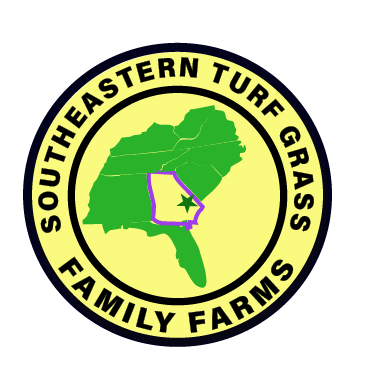Living as a sod farmer in Georgia presents both challenges and rewards, characterized by year-round dedication and hard work. Sod farmers specialize in cultivating various types of turf grasses, which are essential for landscaping, commercial purposes, and recreational spaces. The selection of grass types largely depends on the farmer's expertise and knowledge of which varieties thrive best in Georgia's climate, soil conditions, and market demands.
Turf grasses come in different species, including Bermuda, Zoysia, Tall Fescue, and Centipede grass, each with unique qualities that cater to specific applications. For instance, Bermuda grass is renowned for its durability and heat tolerance, making it an ideal choice for sports fields and high-traffic areas. Conversely, Zoysia grass is favored for its dense growth and resistance to pests, making it an excellent choice for residential lawns.
Successful sod farming requires a deep understanding of agronomy, pest management, and irrigation practices. Farmers must closely monitor soil quality, water availability, and weather conditions to optimize crop growth and maintain their crops' health. Additionally, they must be aware of market trends and consumer preferences to select grass varieties that are in high demand.
Sod farming not only enhances the aesthetic appeal of residential and commercial landscapes but also plays a vital role in promoting environmental sustainability. Healthy turfgrasses improve air quality, reduce erosion, and provide habitats for wildlife. Moreover, they act as natural cooling systems, thereby contributing to the reduction of urban heat.
In conclusion, the role of a sod farmer in Georgia is one of immense responsibility and expertise. By selecting the right grass varieties, implementing sustainable farming practices, and staying attuned to market trends, farmers can ensure the successful cultivation of turfgrass that meets the diverse needs of their customers. This dedication not only supports the local economy but also enhances the quality of life in the communities they serve.
